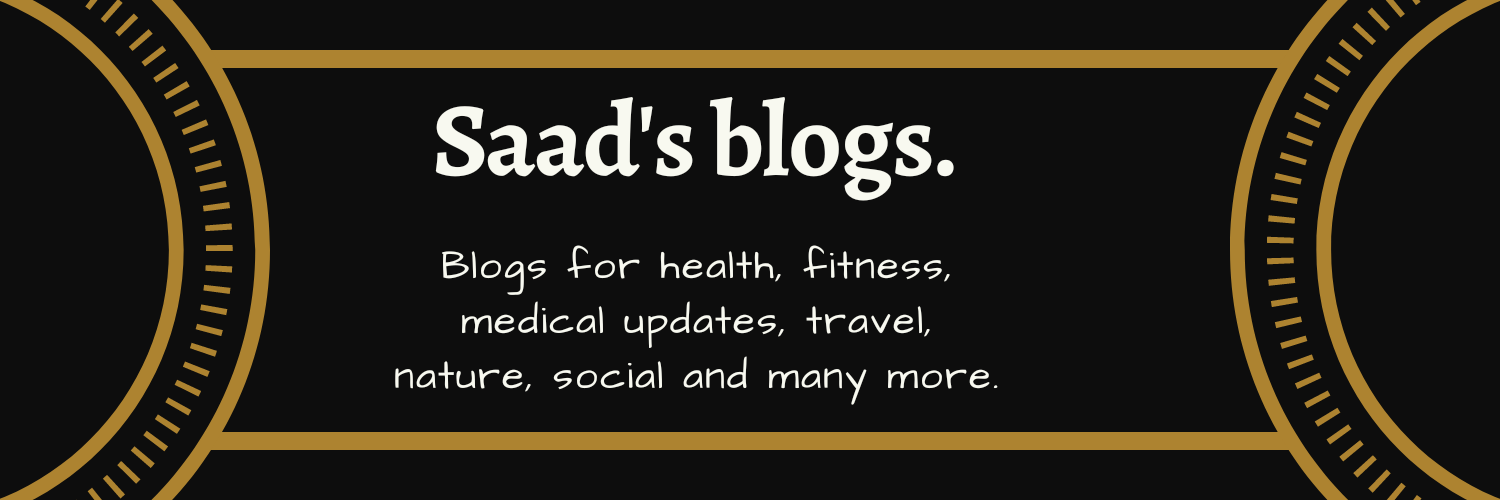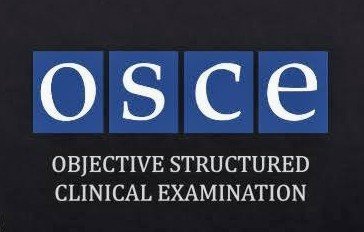OSCE(Objective structured clinical examination): A new pattern in DNB Practical’s.
OSCE(Objective structured clinical examination).
An OSCE is a type of examination often used in health sciences. It is designed to test clinical skill performance and competence in a range of skills. It is a practical, real-world approach to learning and and assessment. The OSCE concept was originally proposed in 1979 by Professor Ronald Harden of the University of Dundee, Scotland.

NBE has announced that almost all practical examinations for DNB will be conducted in OSCE pattern along with case presentation and table viva.
There will be a total of 25 OSCE stations (total 200 marks) of 5 minutes’ duration per station and having 8 marks.
The OSCE stations will be so designed to cover as much as possible the entire spectrum of the training curriculum of that specialty, and to assess the core competencies, knowledge, clinical reasoning skills, ethical values & attitude and professional clinical judgment.
All the 25 OSCE stations will be virtually run uniformly and simultaneously from the NBE Command Centre using a secure and reliable video conferencing platform. NBE Command Centre will monitor and assist the conduct of the Practical exam at all the centers. Assessment of the OSCE answer sheets will be done at NBE by the respective subject matter experts.

Distribution of marks in DNB Practical’s:
1.Observed Structured Clinical Examination (OSCE) (200 marks).
2.Viva voce (40marks).
3.Case Presentations: 2 case presentations(30marks each).

Tips for OSCE in DNB:
1.Do not be tempted to do more than what the station instructed to do.
2.Do manage your time well.
3.Provide enough direction in management stations.
4.Read basics from the subjects.
5.Due to Covid there might not be any patient physically present at the station.
6.Answer should be specific to the question asked.
Disclaimer: The opinions expressed in this article are the personal opinions of the author. The author does not assume any responsibility or liability for the same.
Dr. Saad Mohammad Athanikar, orthopedic surgeon.
saad4eyes@gmail.com.

